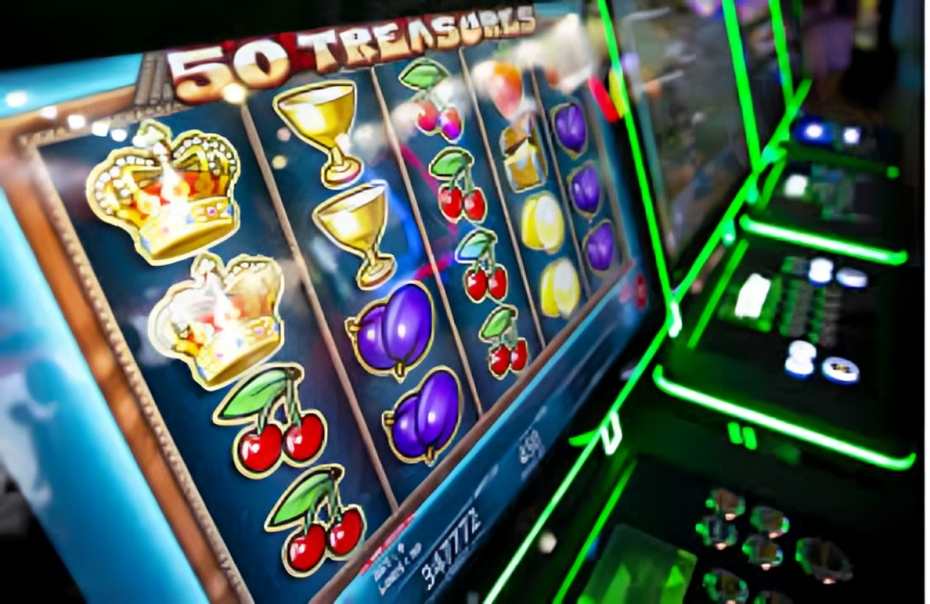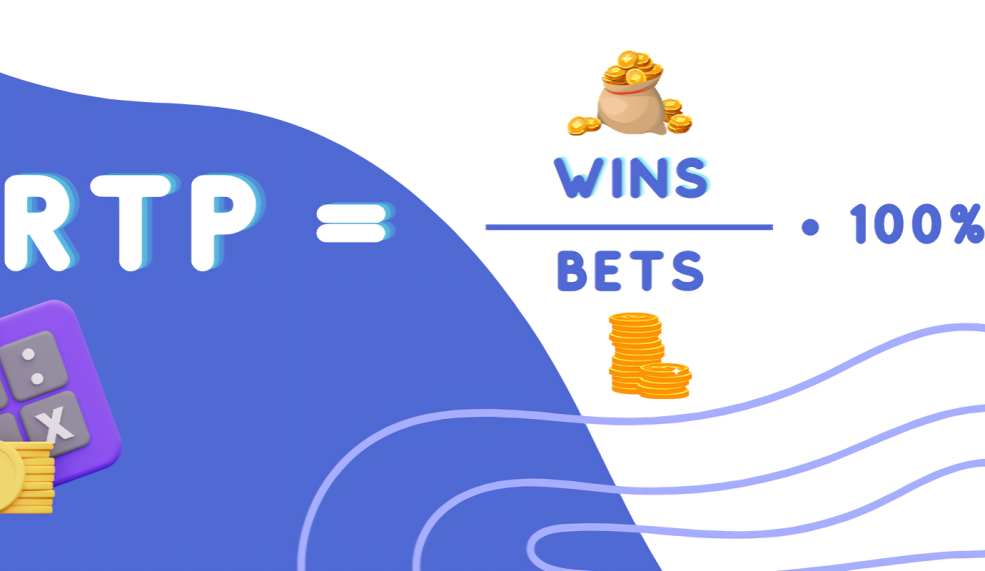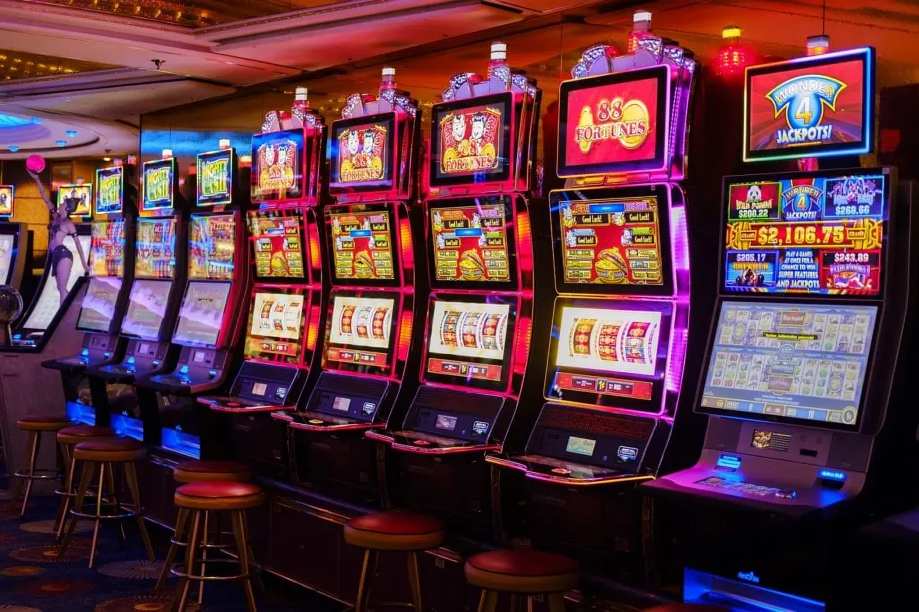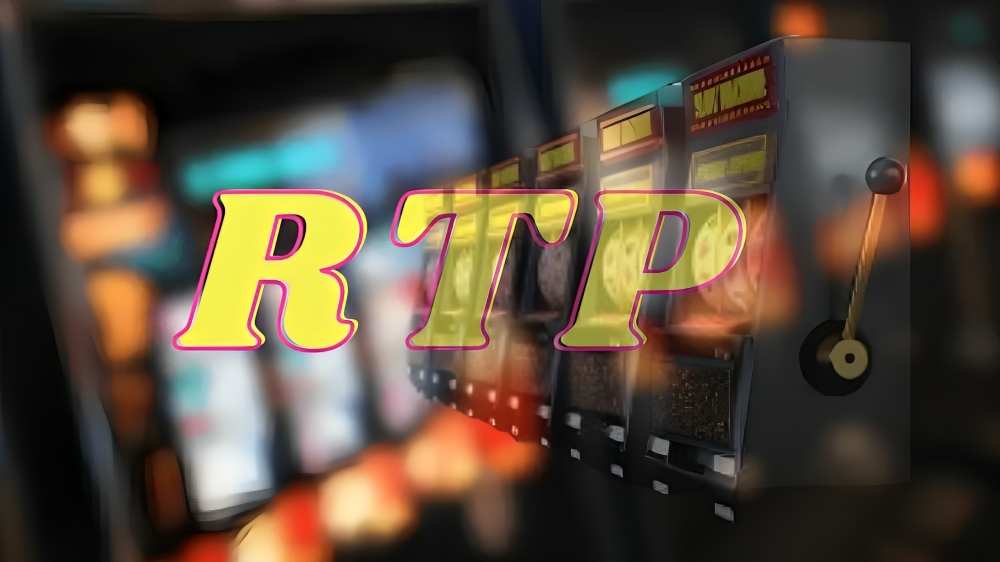If you’ve been playing slots for a while, you’re likely familiar with RTP (Return to Player). It is one of the most critical aspects of an online slot machine, making it essential for players to understand how it works. With in-depth knowledge of RTP, you can make better decisions on which titles to play and which slot sites offer the best value. Our article covers everything you need to know about RTP, including how it affects online slot machines. Read on to learn more.
What is RTP in Slots?

A slot machine’s Return to Player (RTP) is the average percentage of total wagers that a game pays back to players over a long period and multiple spins. For instance, a slot with an RTP of 97% will return $97 for every $100 wagered. While this percentage gives a good estimate of payouts, individual gaming sessions may vary significantly due to chance.
How to Calculate RTP in Slot Machines

Although RTP may sound complicated, calculating it is straightforward. The Return to Player is determined based on a machine’s historical payouts and wagers. The formula is:
Total Payouts / Total Bets = RTP
For example, if you wager $100 on a slot machine and receive $95 in winnings, the RTP is 95% ($95 / $100). While game providers set the RTP, regulatory authorities often verify it to ensure fairness.
Types of RTP Slots

Game developers create slots with varying RTPs, offering different experiences for players. Here are the main types of RTP slots: Low RTP Slots (90%-93%) – These slots typically include a jackpot bonus feature that pays out regularly but offer lower overall returns. Popular low RTP slots include Mega Joker Slot, X-Men 50 Lines, Sassy Bingo Slot, Fortune Jump Slot, and Temple of Fortune Slot.
Average RTP Slots (94%-96%) – Most slots fall into this category, providing balanced gameplay with reasonable returns. Examples include Lucky Christmas, Santa Pet Store, Cyber Wildz, Bison Gold, and Book of Sam.
High RTP Slots (97%-99%) – These games provide the highest return percentages, making them popular among players seeking better long-term payouts. Well-known high RTP slots include Mega Joker, Blood Suckers, Starmania, White Rabbit Megaways, Medusa Megaways, and Secrets of Atlantis.
RTP vs. Volatility: Understanding the Difference

A common misconception is that RTP and volatility are the same. While related, they serve different functions in slot games.
- RTP represents the long-term return percentage of a slot.
- Volatility (or Variance) defines how winnings are distributed over time.
Low-variance slots provide frequent but smaller wins, allowing extended play sessions without exhausting your bankroll. Conversely, high-variance slots concentrate a large portion of their RTP in bonus features, potentially leading to massive wins, though less frequently.
Final Thoughts
Choosing slots with a higher RTP percentage generally improves your chances of winning over time. However, when playing high-volatility slots, you may need a larger bankroll to sustain gameplay before hitting significant wins. Understanding both RTP and volatility helps you select the best slot games suited to your playstyle and budget.

